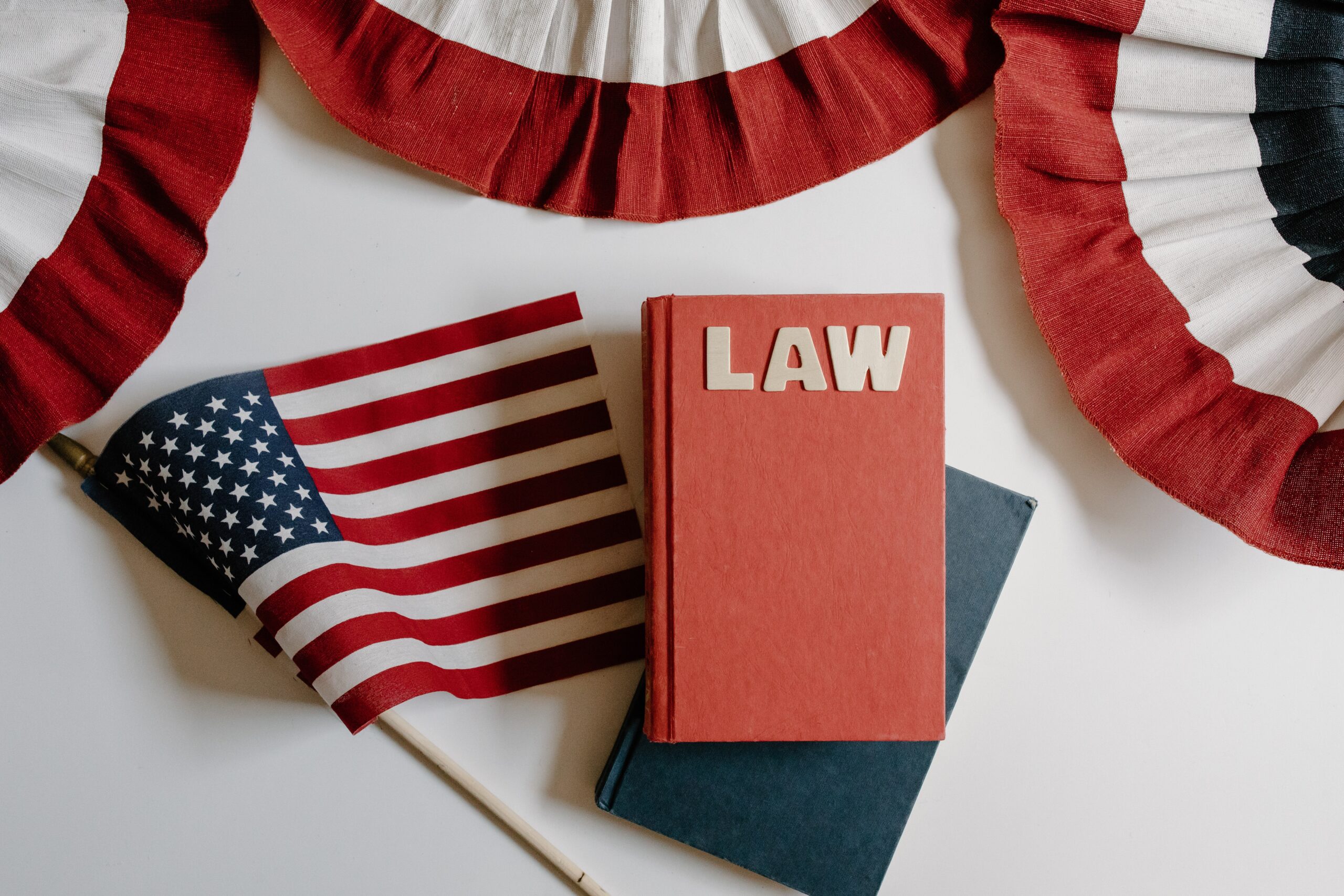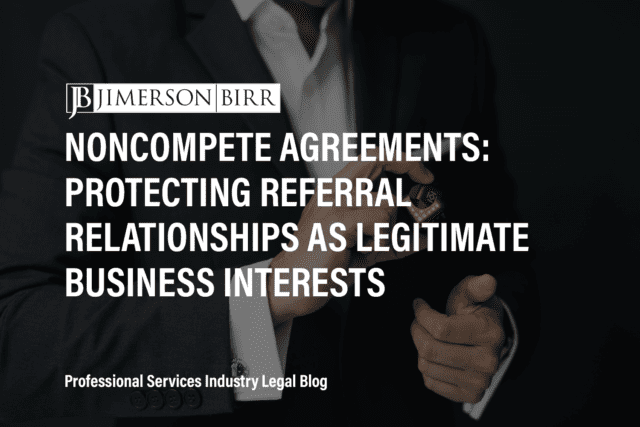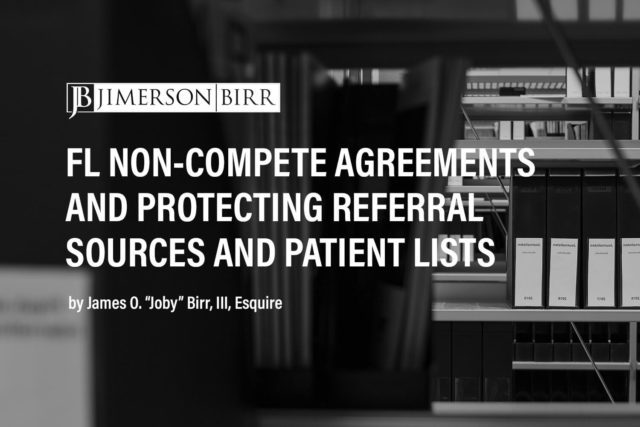What are reexamination and interference proceedings?
Reexamination and interference proceedings are mechanisms for resolving disputes over the validity and ownership of patents. Reexamination is a process by which the United States Patent and Trademark Office (USPTO) reviews a granted patent to determine if it should have been issued in the first place. This process can be initiated by the patent holder, a third party, or the USPTO itself, based on newly discovered prior art or evidence that the patent is not novel or non-obvious
Interference proceedings, on the other hand, involve the determination of priority between competing inventors claiming the same invention. The USPTO’s Patent Trial and Appeal Board (PTAB) hears these cases and decides which party should have a claim to the patent
For example, consider two inventors who independently developed similar inventions in Florida and submitted patent applications around the same time. The USPTO might initiate an interference proceeding to determine which inventor has priority and should receive the patent.
Need an intellectual property advocate? Schedule your consultation today with a top intellectual property protection attorney.
In Florida, which laws and regulations apply to reexamination and interference proceedings?
Federal laws and regulations primarily govern reexamination and interference proceedings, as patents are a matter of federal jurisdiction. Key statutes governing reexamination include 35 U.S.C. §§ 301−307, and the corresponding rules are in 37 C.F.R. §§ 1.501−1.570. For interference proceedings, the relevant statutes are 35 U.S.C. §§ 135−141, with regulations located at 37 C.F.R. §§ 41.101−41.208.
While Florida state law does not directly govern reexamination or interference proceedings, state laws can still impact intellectual property matters, such as trade secrets and contract disputes. Therefore, consulting with an experienced intellectual property attorney in Florida is essential to ensure compliance with state and federal laws when dealing with patent-related issues.
What are the strategic benefits of reexamination and interference proceedings?
Effective navigation of intellectual property law enables the following for businesses:
- Strengthening patent validity: Reexamination can be used proactively by patent holders to address potential weaknesses in their patents. By resolving issues early on, the patent owner can increase the likelihood that the patent will withstand future challenges.
- Resolving patent disputes: Interference proceedings can help competing inventors resolve disputes over the rightful owner of an invention, ensuring that the rightful inventor receives the patent rights.
- Cost-effective alternative to litigation: Reexamination and interference proceedings can be less expensive and time-consuming than litigation in federal courts, making them a more cost-effective option for resolving patent disputes.
- Clarifying patent scope: Both reexamination and interference proceedings can help explain the scope of patent claims, providing greater certainty for inventors, competitors, and the public regarding the boundaries of the patented invention.
- Preventing infringement lawsuits: By initiating reexamination proceedings, potential competitors can challenge the validity of a patent before investing resources into a potentially infringing product or service, potentially avoiding costly infringement lawsuits.
- Establishing priority: Interference proceedings can be crucial for inventors who need to establish priority in the face of competing claims, helping to protect their intellectual property rights and commercial interests.
When a set of facts is appropriate for legal intervention, there are many paths a claimant may take. We are value-based attorneys at Jimerson Birr, which means we look at each action with our clients from the point of view of costs and benefits while reducing liability. Then, based on our client’s objectives, we chart a path to seek appropriate remedies.
To determine whether your unique situation may necessitate litigation or another form of specialized advocacy, please contact our office to set up your initial consultation.
What issues regarding intellectual property lead to reexamination or interference proceedings?
The following issues commonly lead to these proceedings:
- Prior art: One of the most common reasons for reexamination is the discovery of unconsidered prior art during the initial patent examination. Prior art can call into question the novelty or non-obviousness of the patented invention.
- Inventorship disputes: Disputes over a patent’s true inventor can lead to interference proceedings. These disputes can arise from previous collaborations, misunderstandings, or even theft of ideas.
- Ambiguous or overly broad claims: Patent claims that are unclear or too broad can be a source of contention, leading to reexamination proceedings. The claims may be clarified, limited, or even invalidated during these proceedings.
- Improper claim support: A patent application must adequately describe, enable, and provide written support for the claimed invention.
Please contact our office to set up your initial consultation to see what forms of intellectual property protection may be available for your unique situation.
What steps should counsel take to navigate reexamination and interference proceedings?
Counsel should consider the following to protect their clients:
- Review the relevant patent: Counsel must analyze the patent, focusing on claim language, specification, and prosecution history to identify potential weaknesses and develop appropriate strategies.
- Identify and analyze relevant prior art: Thoroughly research and evaluate relevant prior art, including patents, published applications, and non-patent literature, to determine whether they are applicable to challenge the patent’s validity in reexamination or interference proceedings.
- Prepare and submit necessary documents: Prepare a well-reasoned request for reexamination or a notice of interference, including supporting arguments and evidence, and submit it to the USPTO promptly.
- Communicate with the USPTO: Maintain open lines of communication with the USPTO during the proceedings, responding promptly to any office actions or inquiries and adjusting strategies as needed.
- Monitor and manage deadlines: Keep track of all deadlines related to the proceedings, ensuring timely submission of required documents and responses.
Frequently Asked Questions
- What is the difference between ex parte reexamination and inter partes review?
Ex parte reexamination is a process where any person, including the patent owner, can request the USPTO to reexamine a patent based on prior art. The requesting party has limited involvement in the proceedings.
Inter partes review, on the other hand, is an adversarial proceeding where a third party challenges the validity of a granted patent. The challenger and the patent owner participate actively in the process.
- Can reexamination or interference proceedings be initiated after a patent has expired?
Reexamination is available for an expired patent, but any changes to the patent claims will not extend the term. Interference proceedings, however, cannot be initiated for a lapsed patent since they deal with determining the priority of the invention
- How long do reexamination or interference proceedings typically take?
The duration of reexamination and interference proceedings can vary. Ex parte reexamination proceedings generally take 12 to 18 months, while inter partes review can take up to 18 months, including any appeals. Interference proceedings may take several years, depending on the case’s complexity and the parties’ involvement.
Have more questions about how intellectual property protection could impact your business?
Crucially, this overview of reexamination and interference proceedings does not begin to cover all the laws implicated by this issue or the factors that may compel the application of such laws. Every case is unique, and the laws can produce different outcomes depending on the individual circumstances.
Jimerson Birr attorneys guide our clients to help make informed decisions while ensuring their rights are respected and protected. Our lawyers are highly trained and experienced in the nuances of the law, so they can accurately interpret statutes and case law and holistically prepare individuals or companies for their legal endeavors. Through this intense personal investment and advocacy, our lawyers will help resolve the issue’s complicated legal problems efficiently and effectively.
Having a Jimerson Birr attorney on your side means securing a team of seasoned, multi-dimensional, cross-functional legal professionals. Whether it is a transaction, an operational issue, a regulatory challenge, or a contested legal predicament that may require court intervention, we remain tireless advocates at every step. Being a value-added law firm means putting the client at the forefront of everything we do. We use our experience to help our clients navigate even the most complex problems and come out the other side triumphant.
If you want to understand your case, the merits of your claim or defense, potential monetary awards, or the amount of exposure you face, you should speak with a qualified Jimerson Birr lawyer. Our experienced team of attorneys is here to help. Call Jimerson Birr at (904) 389-0050 or use the contact form to schedule a consultation.

We live by our 7 Superior Service Commitments
- Conferring Client-Defined Value
- Efficient and Cost-Effective
- Accessibility
- Delivering an Experience While Delivering Results
- Meaningful and Enduring Partnership
- Exceptional Communication Based Upon Listening
- Accountability to Goals











